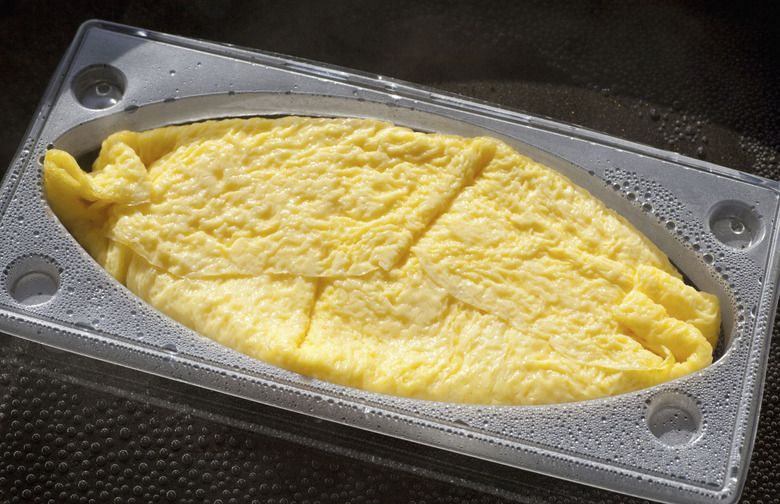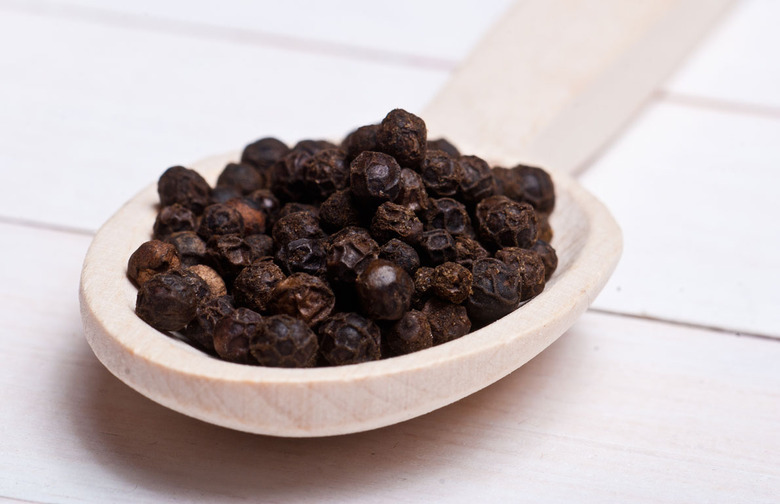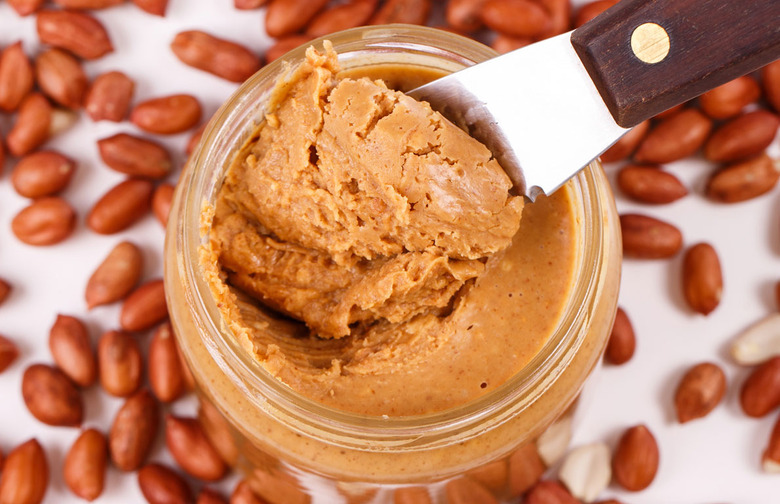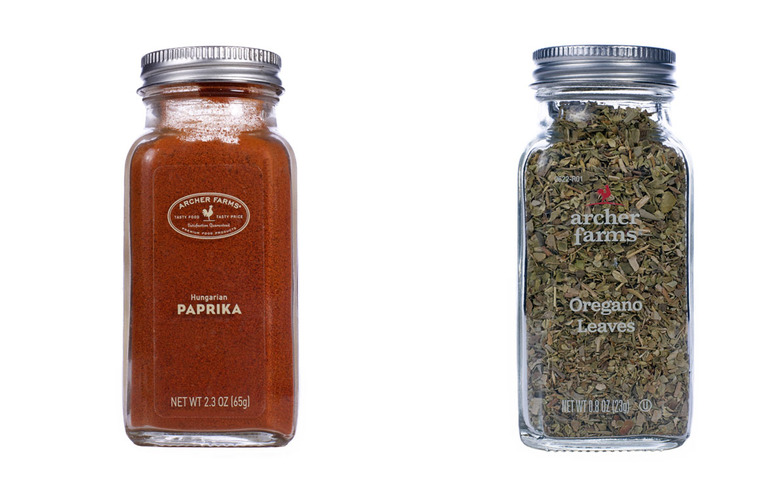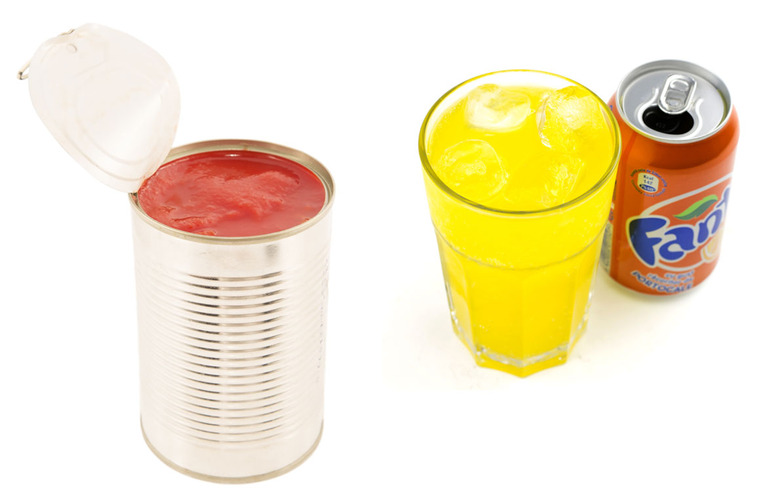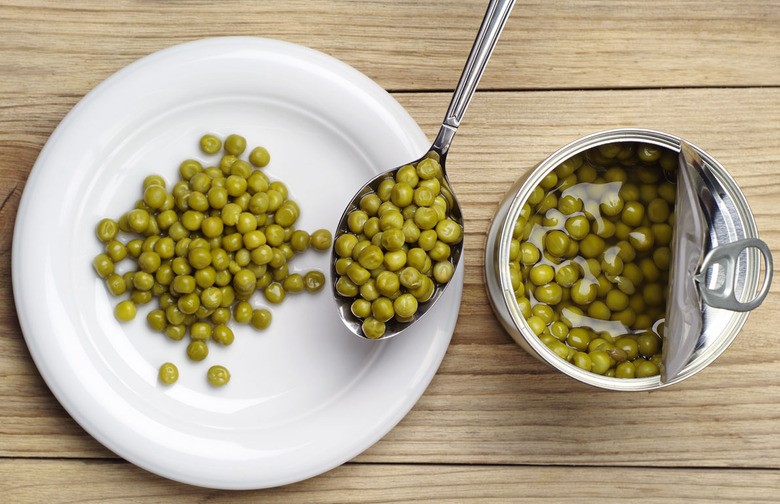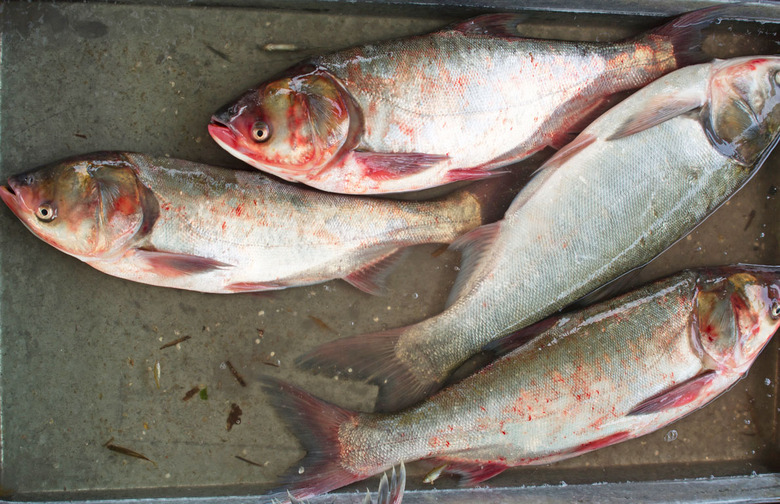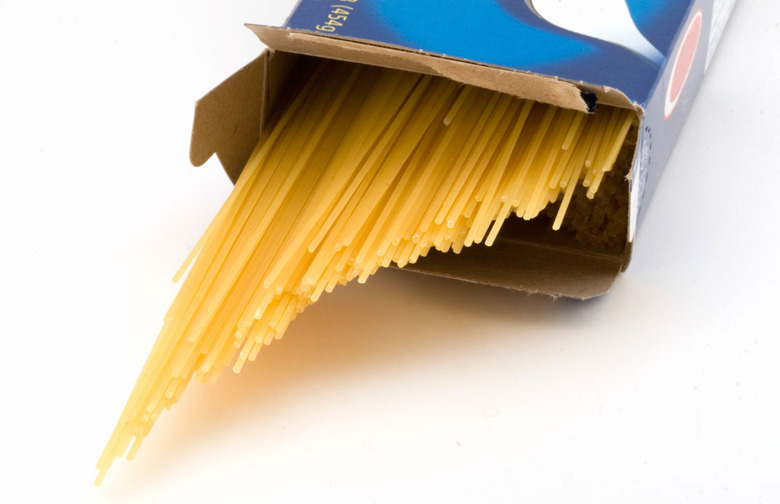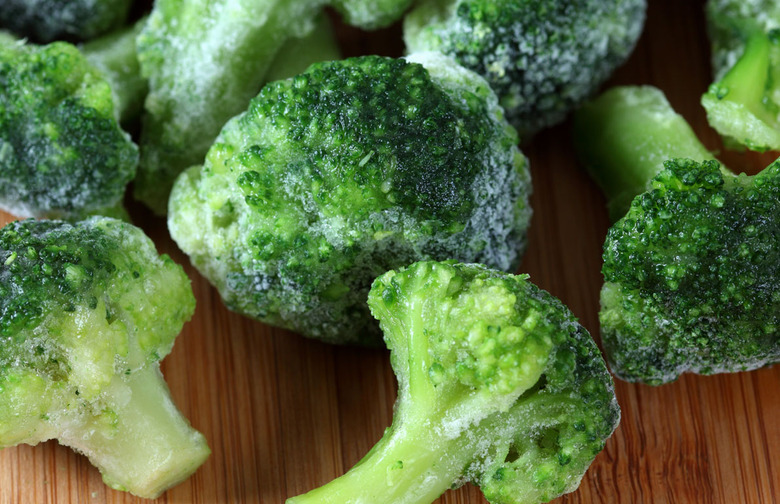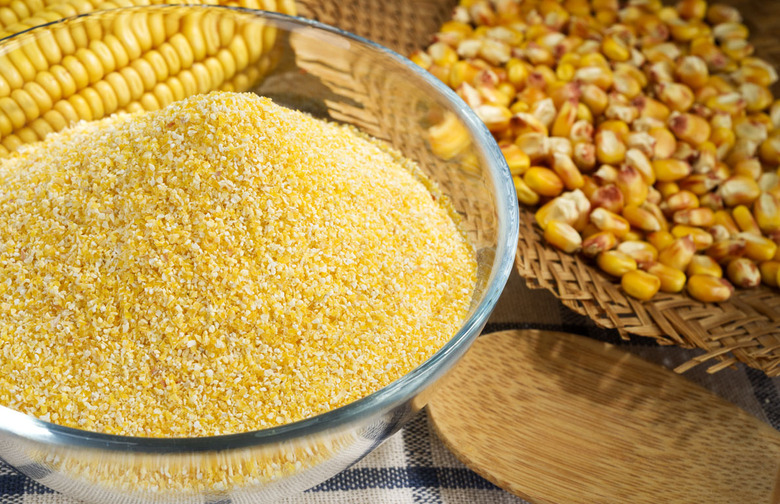Why Does Our Government Say Rodent Hair And Insect Fragments In Your Chocolate Are Okay?
Why Does Our Government Say Rodent Hair and Insect Fragments in Your Chocolate are Okay?
The FDA has set guidelines on the "food defect action levels" for hundreds of foods, and you'd be shocked by what the federal government allows in these products.
Bacteria
Bacteria only shows up once on the list, thankfully, under "Eggs and Other Egg Products, Frozen." If, when examined under a microscope, there are more than a whopping 5 million bacteria per gram, the product can't be sold.
Copepods and Pus Pockets
According to the handbook, copepods are "small free-swimming marine crustaceans, many of which are fish parasites. In some species the females enter the tissues of the host fish and may form pus pockets." Yes, that's as disgusting as it sounds, and three out of every 100 red fish and ocean perch examined are allowed to contain "one or more copepods accompanied by pus pockets."
“Foreign Matter”
The definition of foreign matter, according to the handbook, "includes objectionable matter such as sticks, burlap bagging, cigarette butts, etc." Mace (the spice) is allowed to contain an average of 1.5 percent foreign matter, whole peppercorns are allowed to contain one percent, and sesame seeds can contain .5 percent.
Grit
Sand, dirt, ash, and small stones are classified as grit, and small amounts are allowed in cumin seed, peanut butter (no more than 25 milligrams per 100 grams), raisins (40 milligrams per 100 grams), and frozen strawberries.
Insect Fragments
This here's a rough one. Insect fragments can refer to anything from a beetle shell to a cockroach leg, and they're allowed in just about all ground spices, including nutmeg (100 fragments per 10 grams), oregano (1,250 fragments per 10 grams), paprika (75 fragments per 25 grams), and cinnamon (400 fragments per 500 grams). For context, an average-size jar of cinnamon contains about 100 grams. About 30 insect fragments are allowed in the average-size chocolate bar, 75 are allowed per 50 grams (about seven tablespoons) of cocoa powder, one is allowed per gram of cornmeal, one is allowed per gram of pasta, 30 are allowed per 100 grams of peanut butter, and 75 are allowed per 50 grams (a little less than half a cup) of flour.
Larvae, Fly and Drosophila Eggs, and Maggots
Four insect larvae are allowed in every pound of berries, and five fly eggs and one maggot are allowed in every 500 grams of canned tomatoes. Other foods that allow insect eggs and larvae are tomato and other canned fruit juices, pizza sauce (15 fly eggs and one maggot per 100 grams, or about 65 eggs per can), and golden raisins (35 drosophila eggs per eight ounces).
Mammalian and Rodent Excreta
Excreta means exactly what you think it does, and the amount allowed in some foods is revolting. Cornmeal, popcorn, sesame seeds, wheat, and just about all leafy spices are allowed to contain a small amount of rodent droppings.
Mildew
Ten percent of canned greens are allowed to contain mildew, which the handbook defines as "a fungus infection that causes yellow-brown spots on the leaves of edible greens."
Mold
Twelve percent of apple butter is allowed to contain mold, as is five percent of canned beets, 60 percent of all berries, a small amount of nearly every spice, 10 percent of fruit used in canned citrus juices, 10 percent of green coffee beans, 15 percent of cranberries in cranberry sauce, 10 percent of figs, three percent of canned peaches (also allowed to be wormy), 10 percent of peanuts, 20 percent of canned pineapple, and 45 percent of frozen strawberries.
Parasitic Cysts
Definitely not good eats, cysts caused by parasites are allowed in chubs and whitefish (50 cysts per 100 pounds), and bluefin and other freshwater herring (60 per 100 fish).
Rodent Hairs
A small amount of rodent hair has been deemed acceptable in pasta (4.5 hairs per 225 grams, with each box containing around 375 grams), just about all ground spices, peanut butter (one hair per hundred grams), popcorn (two hairs per pound), wheat flour (one hair per 50 grams), chocolate (one hair per 100 grams), and cornmeal (one hair per 25 grams).
Thrips, Mites, and Aphids
60 aphids, thrips, and mites (nasty little insects you really don't want to know about) are allowed per 100 grams of frozen broccoli, and 50 are allowed per 100 grams of canned or frozen spinach. 50 thrips are also allowed in 100 grams of sauerkraut.
Whole Insects
One whole insect is allowed per 50 grams of cornmeal, 20 are allowed per 100-pound bag of peanuts, and 10 are allowed per 500 grams (about one can) of canned and frozen berries.


